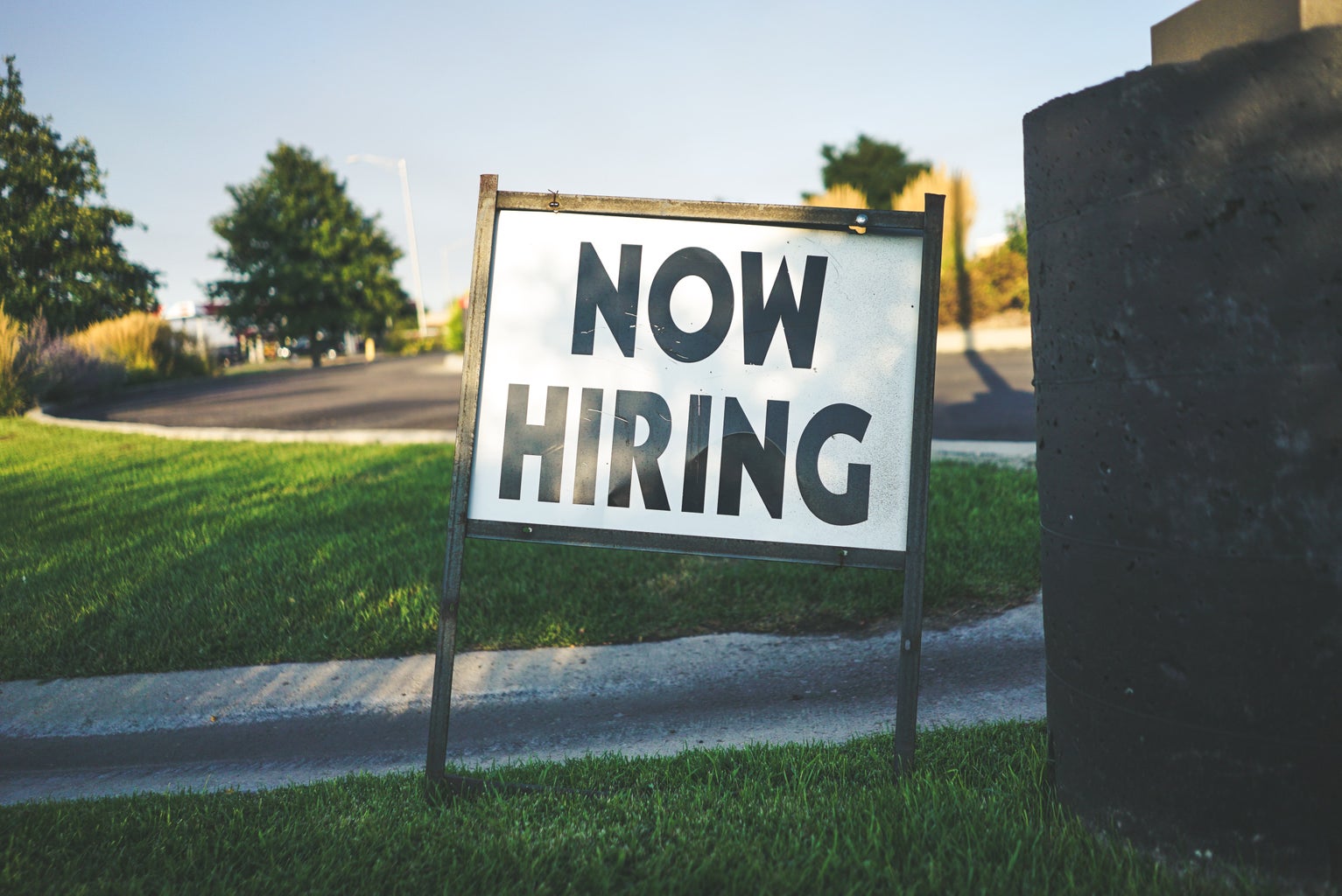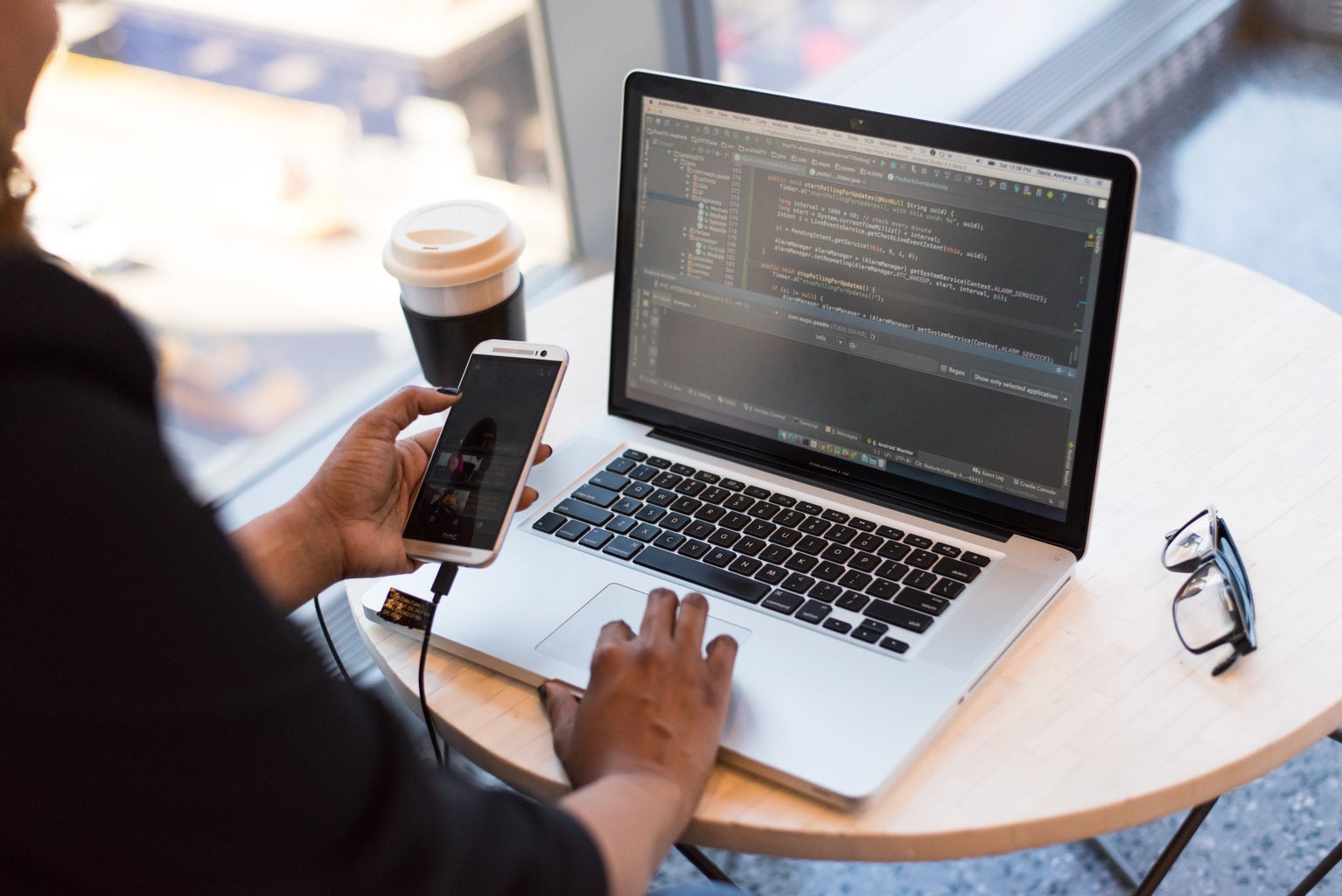As college students, interviews are inevitable in any shape or form. Whether we are interviewing for a summer internship, a part-time job, or a full-time job after graduation, interviews play an integral role in our lives and in our future. Interviews can seem super challenging and daunting at first, but with lots of practice and preparation, they are not as bad as they initially seem.
Before my first interview, I was super nervous and worried because I wasn’t sure what exactly to expect and what the interviewers were looking for. I didn’t want to draw a blank when the interviewer asked me a question and I wanted to make sure I was making a good impression. After having gone through quite a few interviews at this point, I have grown fairly more confident and comfortable with interviews and I realize that there was no need for me to be so scared and nervous initially.

We have all heard of the expression “practice makes perfect.” And this is certainly true when it comes to interviewing. That being said, no matter how many practice questions you do, you may end up being asked an unexpected question when it comes to the time of your interview. All interviews almost always start with the question “tell me about yourself” or some variation of this question. It is important to have a strong answer for this question as it is the first question that can really set the stage for the remainder of the interview. I recommend writing out an answer that includes your name, major, background, and any relevant experiences. I also recommend ending with just a little bit of personal information about yourself such as hobbies or interests. The interviewer on the other end is an actual human being, and they want to get to know you as a person and see who you are. Your hobbies and interests and passions outside of school and your career can even help open up a conversation if the interviewer has a similar interest as you. I remember I mentioned that I enjoy reading during an interview, and the interviewer mentioned that she also likes reading and we ended up talking about our favorite books and authors at the beginning of the interview.

Behavioral-style interviews are most common for internship interviews and interviews for full-time jobs. They feature questions dealing with how you would respond and react to a certain scenario or situation and the interviewers are trying to see how you demonstrate certain qualities such as effective teamwork, strong communication, conflict resolution, eagerness to learn, and more. Some examples of behavioral interview questions are “tell me about a time you demonstrated leadership and what was the outcome,” “give me an example of a time when you faced a conflict. How did you deal with it and what was the outcome?” or “tell me about a time you worked on a team to achieve a goal, and how you went about that.” The goal of these questions is for the interviewer to gauge and understand how you would deal with certain situations in the workforce. I recommend looking up tons of practice questions online as there are so many helpful questions and resources out there that are extremely beneficial.
More so than the answers to your questions or having the “right” answer, I believe that interviewers are trying to see what kind of a person you are, if you are someone that they want working for and representing their company, and if you would add value to their team. Many people who have been interns have told me that they do a lot of “learning on the job.” Therefore, no one expects you to know everything coming in. It is so important to make sure you are prepared and confident. Remain calm and composed if the interviewer does ask you any questions that you are not sure how to answer. Getting nervous and frazzled can impact your performance and how you answer the questions. And, it’s totally okay to pause during the interview or ask the interviewer “Can I just take a moment to gather my thoughts?” if you need to. Toward the end of almost every interview, you will always be asked if you have any questions for them. I recommend writing a list of 3-5 strong questions that you can ask your interviewer. You can also ask follow up questions based on their answers to the questions.
Overall, interviews seem stressful and overwhelming at first glance, but they are really not that bad with a lot of practice and preparation.
Can’t get enough of HC UMass Amherst? Be sure to follow us on Instagram, listen to us on Spotify, like us on Facebook, and read our latest Tweets!



